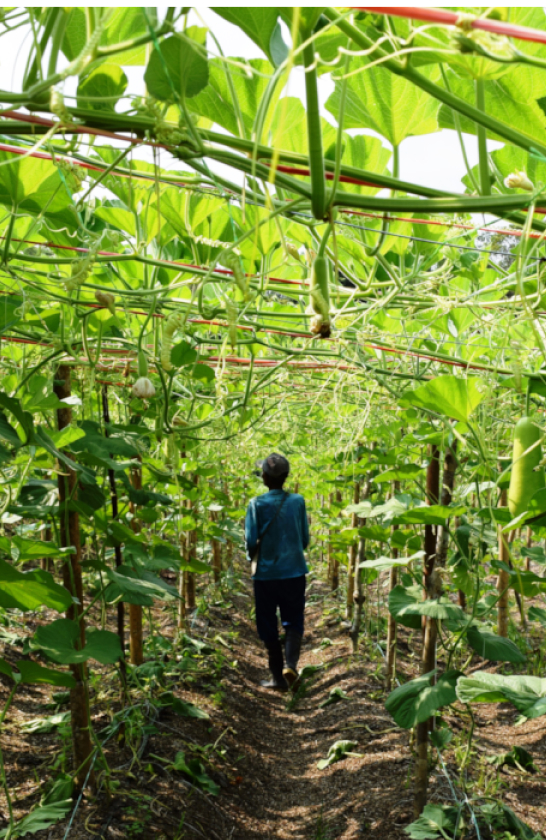
Category :
Aquaculture
Period :
2003 – 2016
Impact :
Showing native people how to develop sustainable food sources and sustainable incomes with the materials around them.
Details :
Numerous projects to help instruct the OA to farm organically and to use the raw materials available to them in their surroundings. This was done in Peninsular Malaysia as well as Sabah and Sarawak as well as in neighboring countries such as Myanmar/ China. As an advisor and a founding member for Food For The Hungry International (FHI), this has been a continuous ongoing project
Projects are usually started by nonprofit organizations as a solution to bring up the Orang Asli from helplessness & Poverty, to own profits, and to have a sustainable food production system that will maintain their ecosystem, forest and reduce climate change. It was created to restore dignity, Strengthen Leadership and Unity, and Transforms relationships between consumer and farmer (the OA).
We are typically brought in to consult and advise on the setting up of a sustainable agriculture organic farm that can maintain the ecosystem vs mass-produced chemical food with high carbon emissions. Here the OA are educated and trained and were eager to learn new skills – everything from farm set up, seeding, harvesting, transplanting, grow-out, pest control, production of natural fertilizers (eg: teaching them to produce their own FAA) etc.
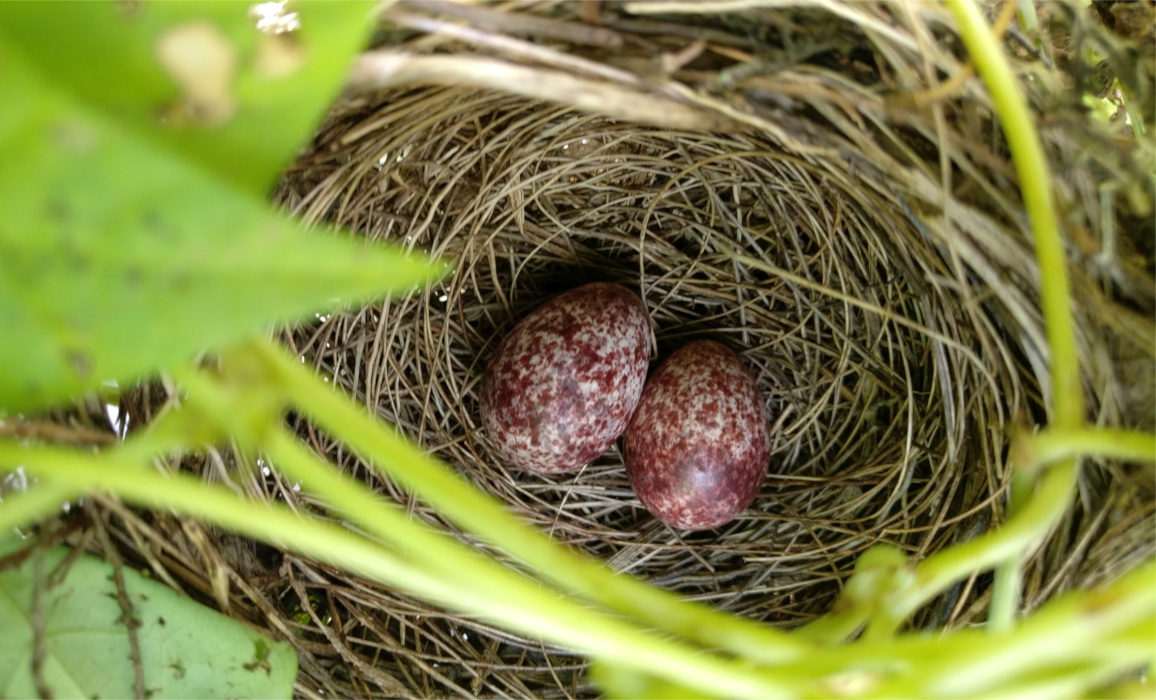








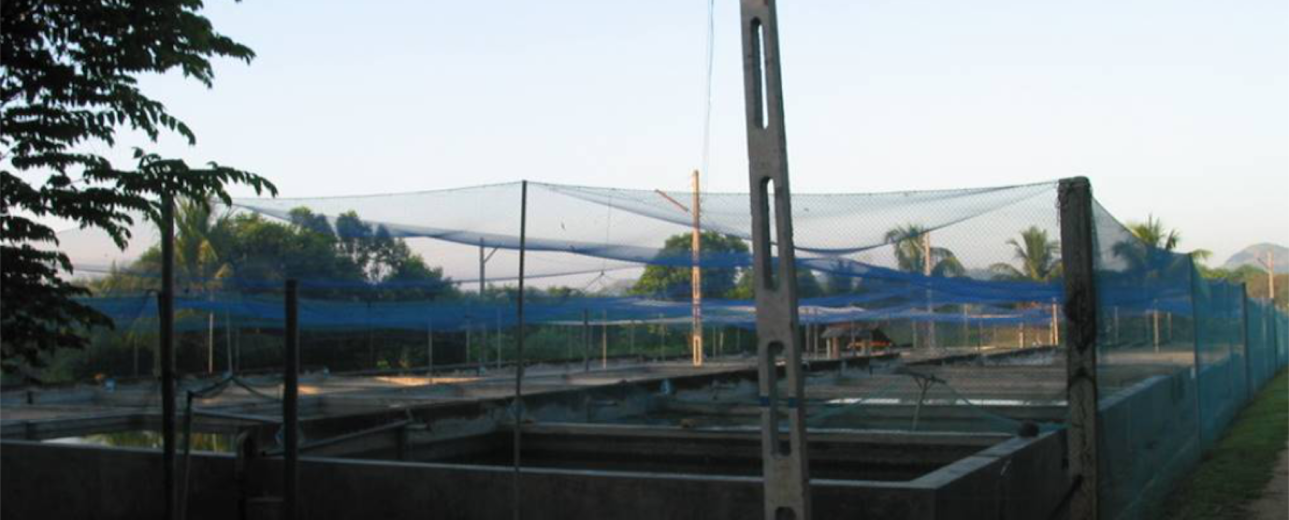
Category :
Aquaculture
Period :
2003 – 2006
Impact :
The training and advisory services that were provided helped with the planning and implementation of aquaculture projects and systems development in Sri Lanka that would adhere to more sustainable, natural, and eco-friendly farming methodologies. Worked on solutions for various national projects for Sri Lanka and helped formulate sustainable aquaculture projects for the country
Details :
Sri Lanka was in the process of embarking on a very ambitious aquaculture development plan. Our CEO (Mr. Errol) was the Advisor to the Ministry of Fisheries to aid in this goal of developing various modern aquaculture projects in Sri Lanka (and some projects in the Maldives). We conducted extensive training (theory & practical) designed for sustainable aquaculture development, trainings Issues addressing technology transfer, training programmes on sustainable aquaculture methodologies for various culture species such as Mudcrabs(Scylla serrata), as well as Penaeus monodon (Black tiger prawn) as well as Whiteleg shrimp (Litopenaeusvannamei)culture methodology, safety and quality, and environmental integrity.
The trainings and advisory services that were provided helped with the planning and implementation of aquaculture projects and systems development in Sri Lanka that would adhere to more sustainable, natural and ecofriendly farming methodologies.




Category :
Animal Husbandry
Period :
2014 – 2016
Impact :
Helped the NGO to create a self-sustainable cooperative in the region.
Details :
The Cambodia Projects was a project to help Suay Rieng Agro products Cooperative, Cambodia into a self-sustaining/self-sustainable agriculture cooperative. We conducted both practical and theoretical training in technical sustainable agriculture. This project was done in order to provide a working solution to the local problems.
The Cambodia project encompassed animal husbandry (farming of animals), aquaculture and agriculture. This project was developed using eco-friendly, sustainable farming methodologies and by adapting and adhering to Good Agriculture Practices (GAP). Duck and Buffalo farming was done alongside with natural farming of rice and cash crops such as long beans, mustard greens, etc.
This project benefited the local community whose livelihood depends on farming and with the growing demand for natural, pesticide-free products, the knowledge they gained from this training would help them move forward and adapt to the changing market demand.
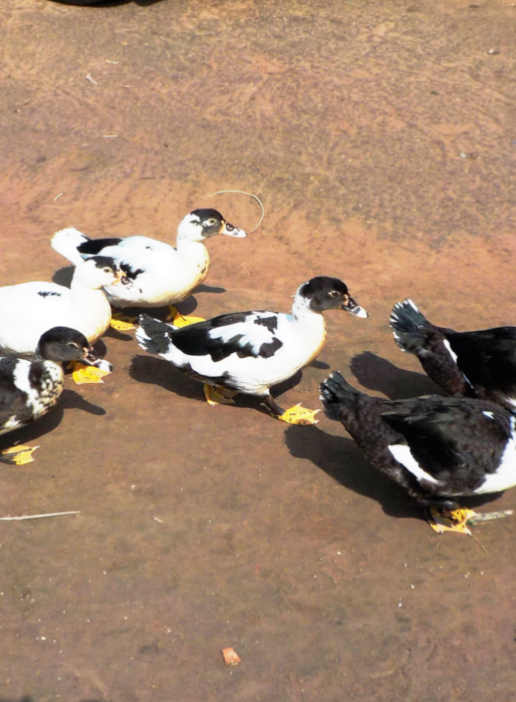







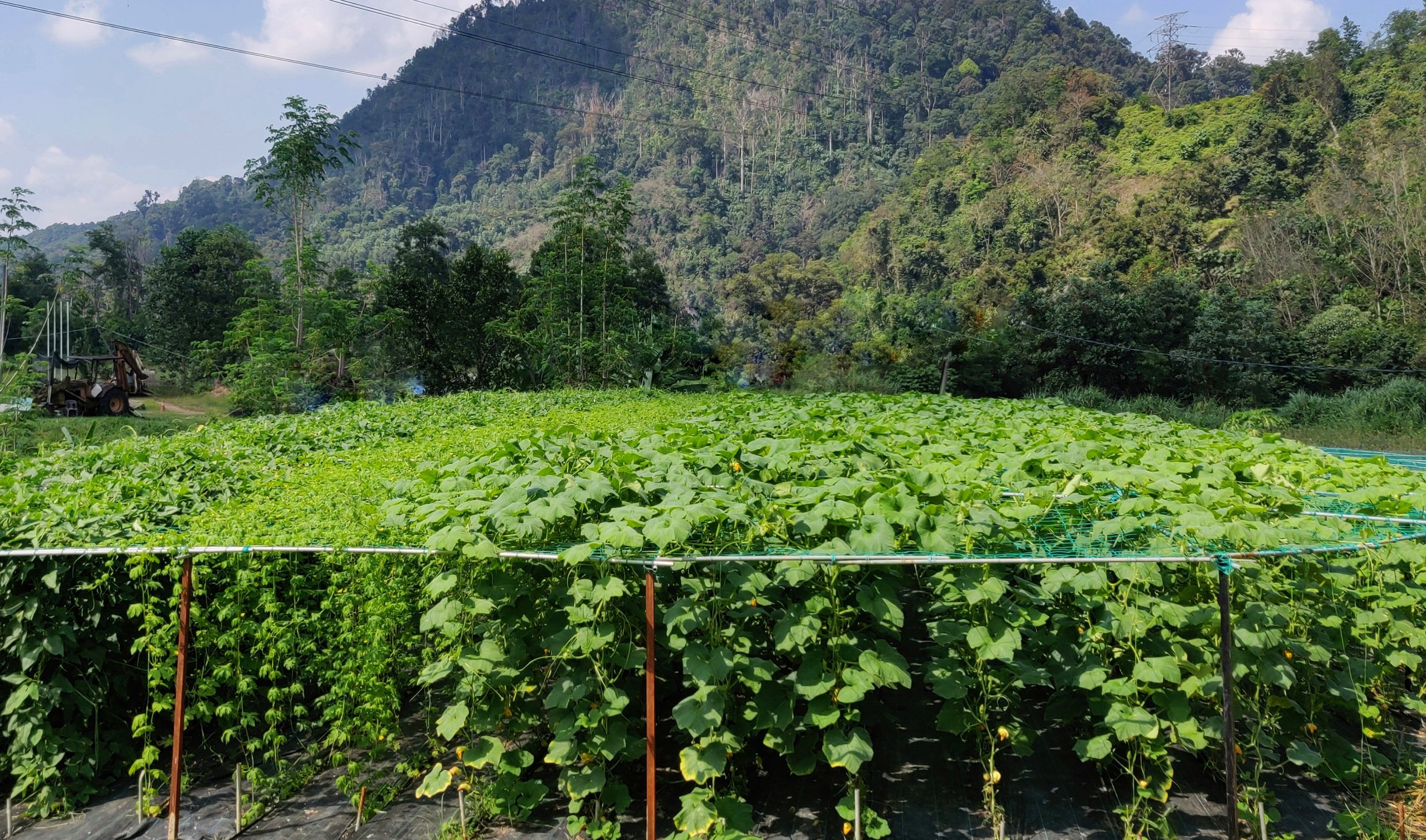
Category :
Aquaculture
Period :
2017 – Ongoing
Impact :
Helping to feed 100 orphans and provide an income for the orphanage from sales of the vegetables. Also serves as a teaching instrument for the children to learn practical organic agriculture.
This project is currently an ongoing project that integrates Organoponix Greenhouses (modern off-ground greenhouses) as well as on-land farming ensuring a sustainable and reproducible outcome. ALL the produce grown here are organically grown – this means that NO synthetic pesticides and chemicals are used. Trainings (both practical & theory) on all areas including but not limited to plant care, Organoponix greenhouse set-up and maintenance, plant disease identification, causes and corresponding natural treatment, natural fertilizer production, etc.
Details :
In this Sg. Merjuk Project, the extensive use of the Organoponix Greenhouses has enabled the production of leafy vegetables such as Pak Choy, lettuce, mustard green, choy sum, etc, to be grown consistently and not at the mercy of unforgiving weather and insect attacks. As for on-ground farming, we go to great lengths to train and educate on important practices to rejuvenate the soil with natural fertilizers (produced on the farm) and various beneficial microbes.
This project has created many job opportunities. Vegetables that are not sold, are donated to an orphanage for their daily use whilst the vegetable rejects are composted back on the farm to close the cycle and to ensure that there is no wastage on the farm – hence minimizing its environmental impact.
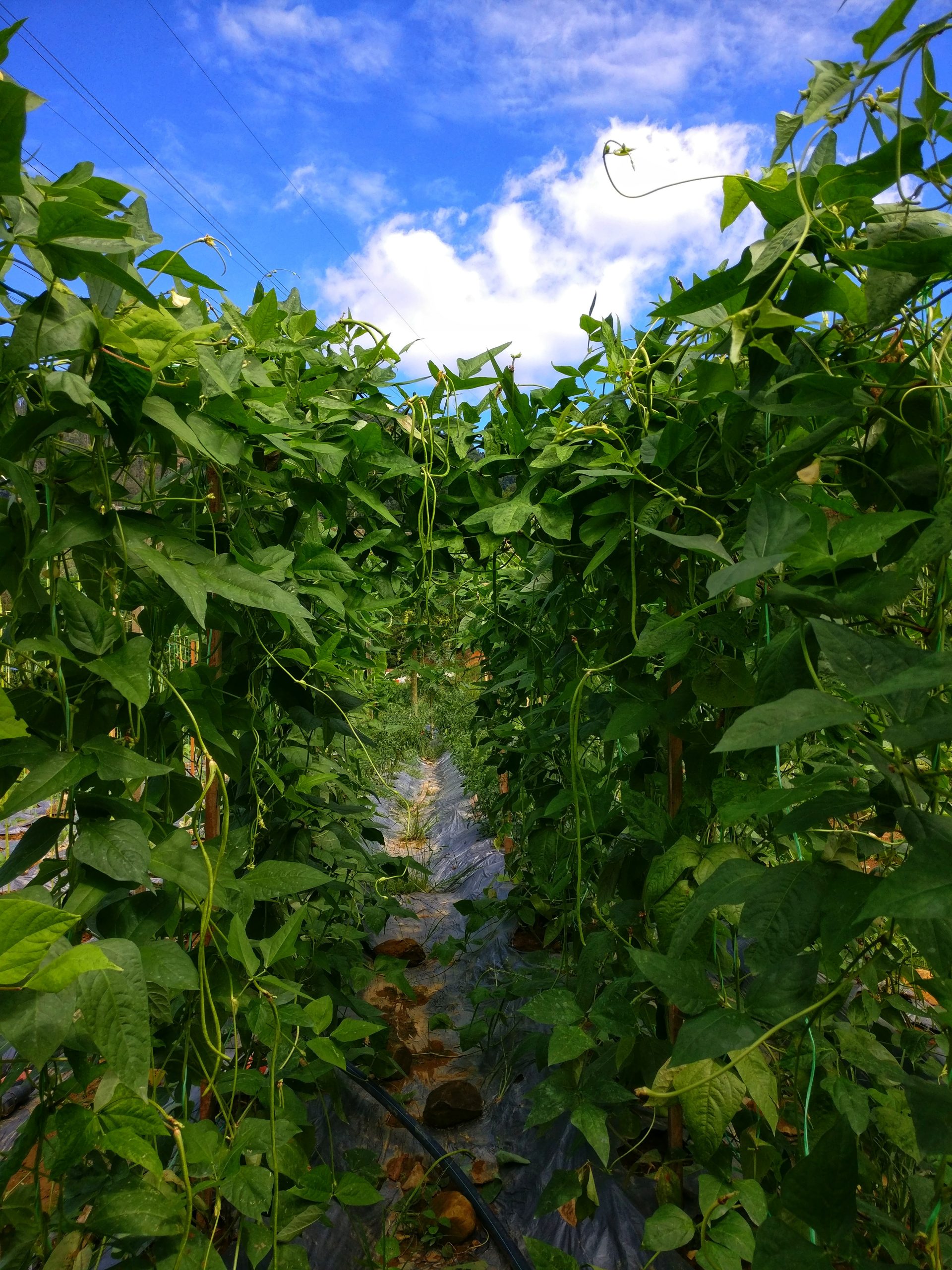


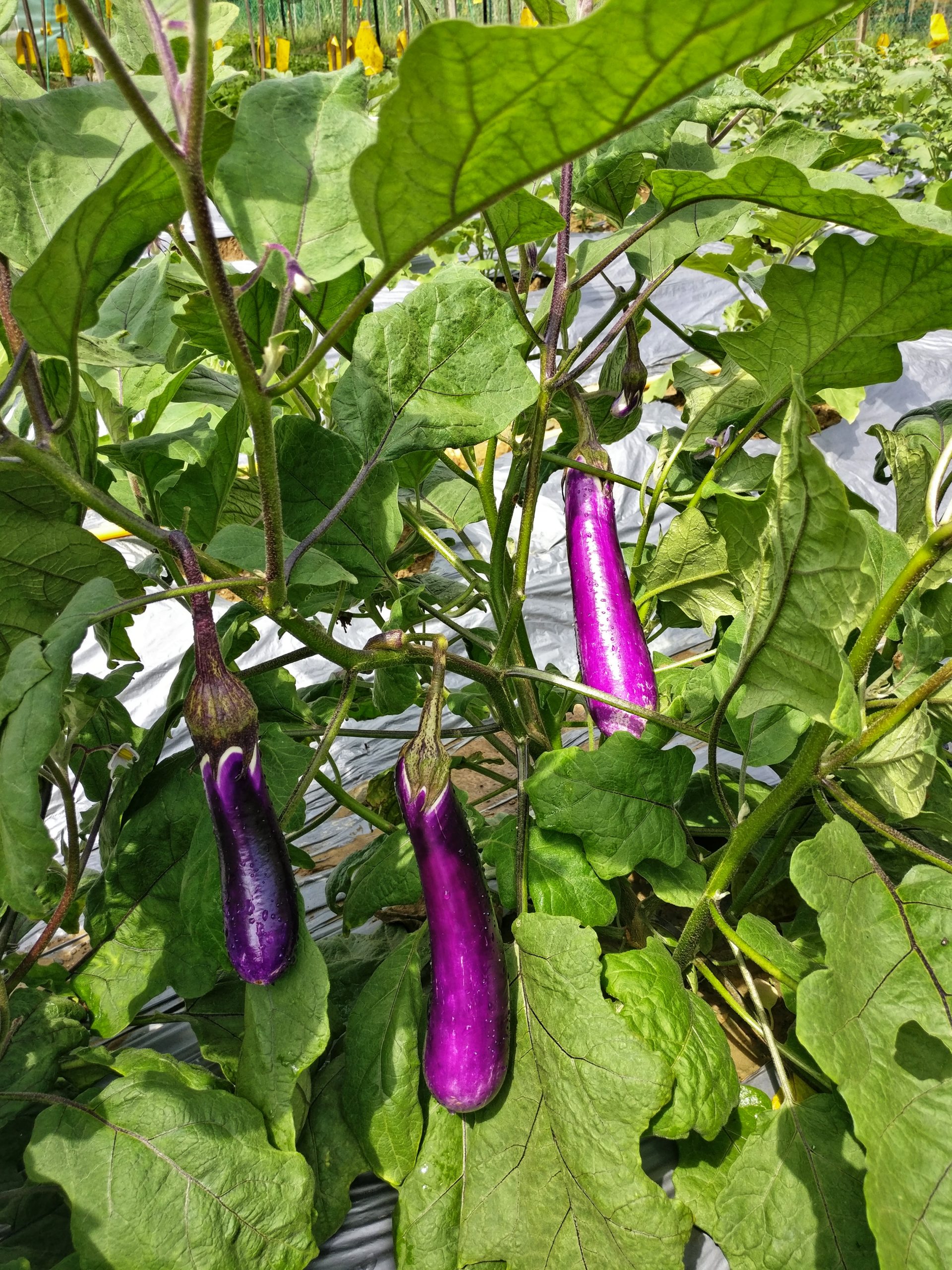
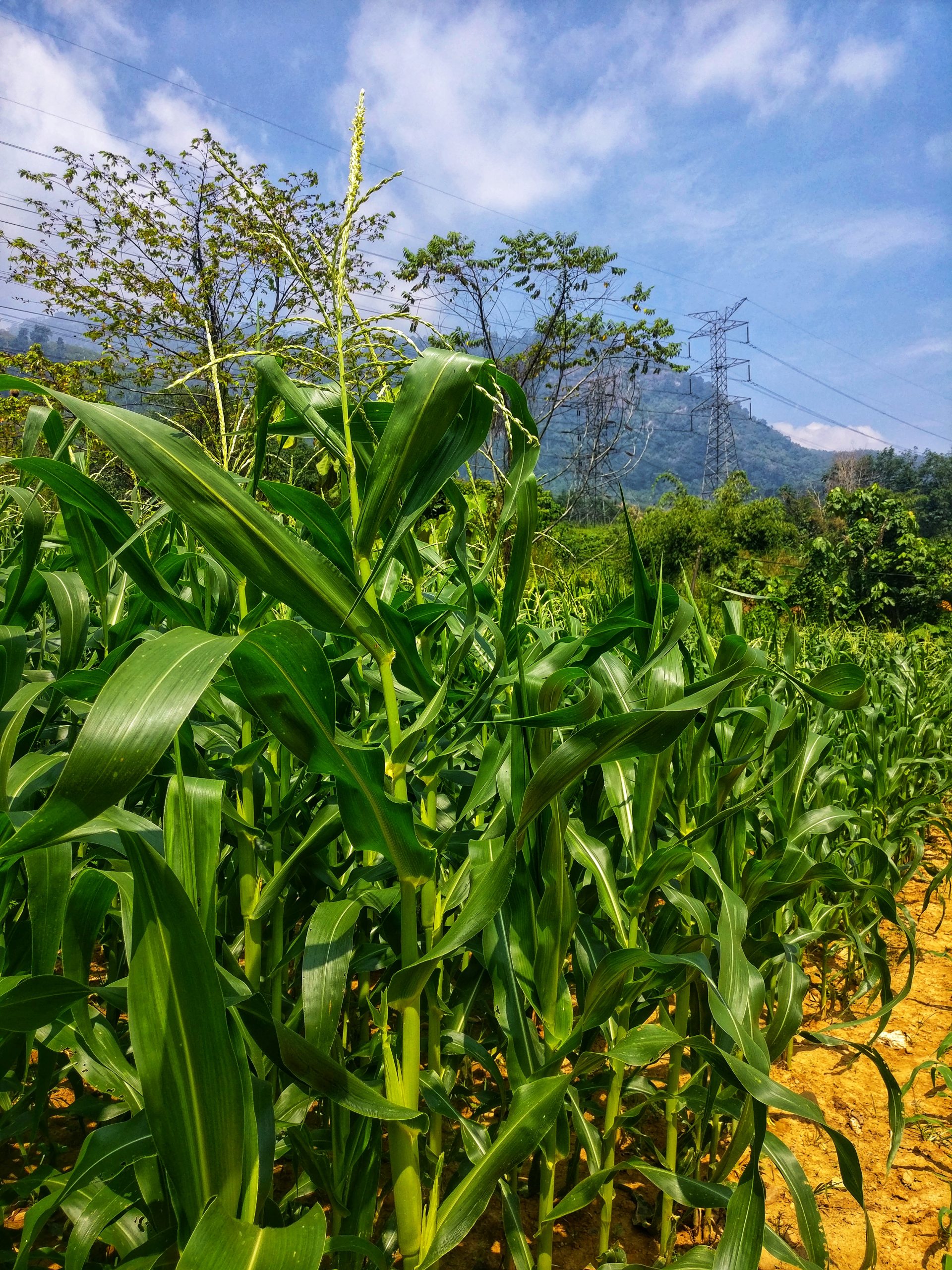
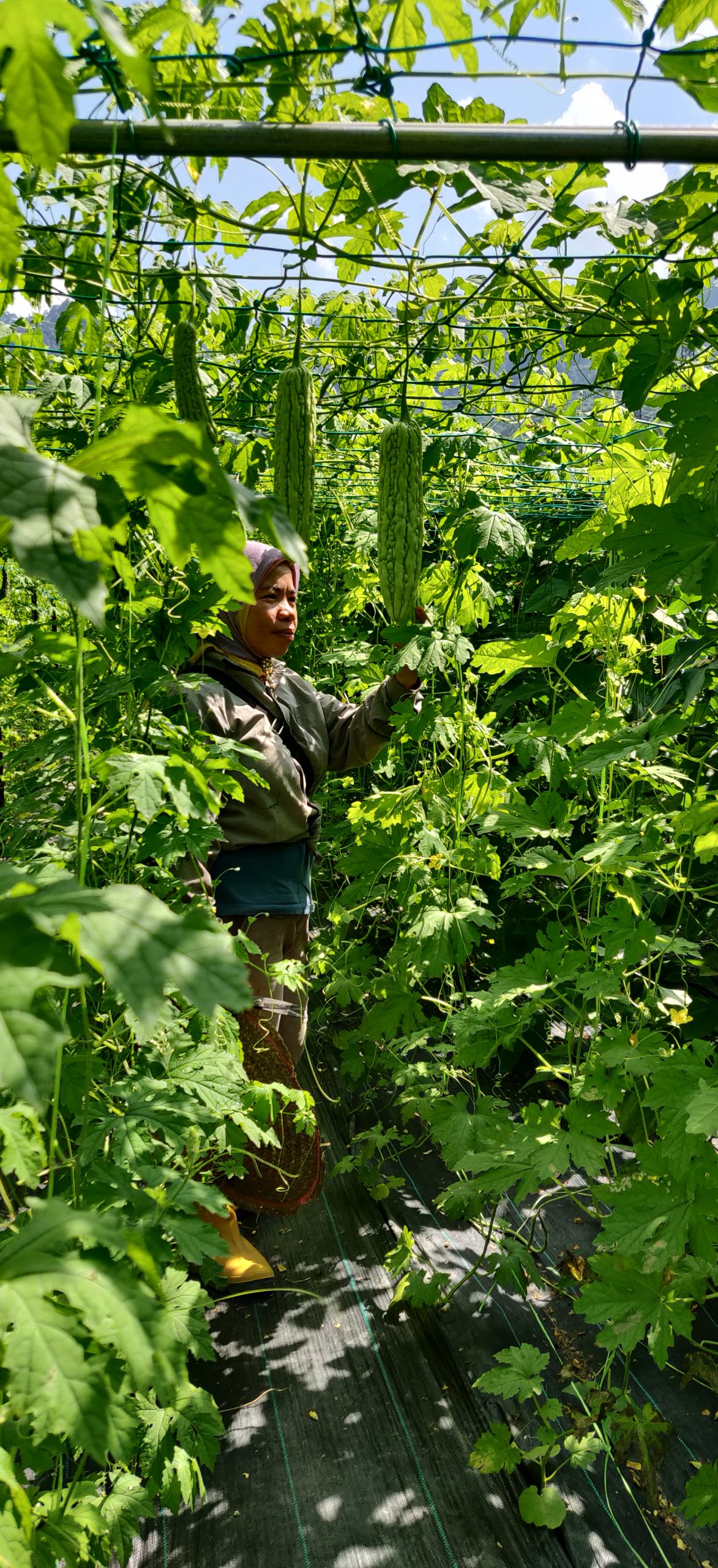
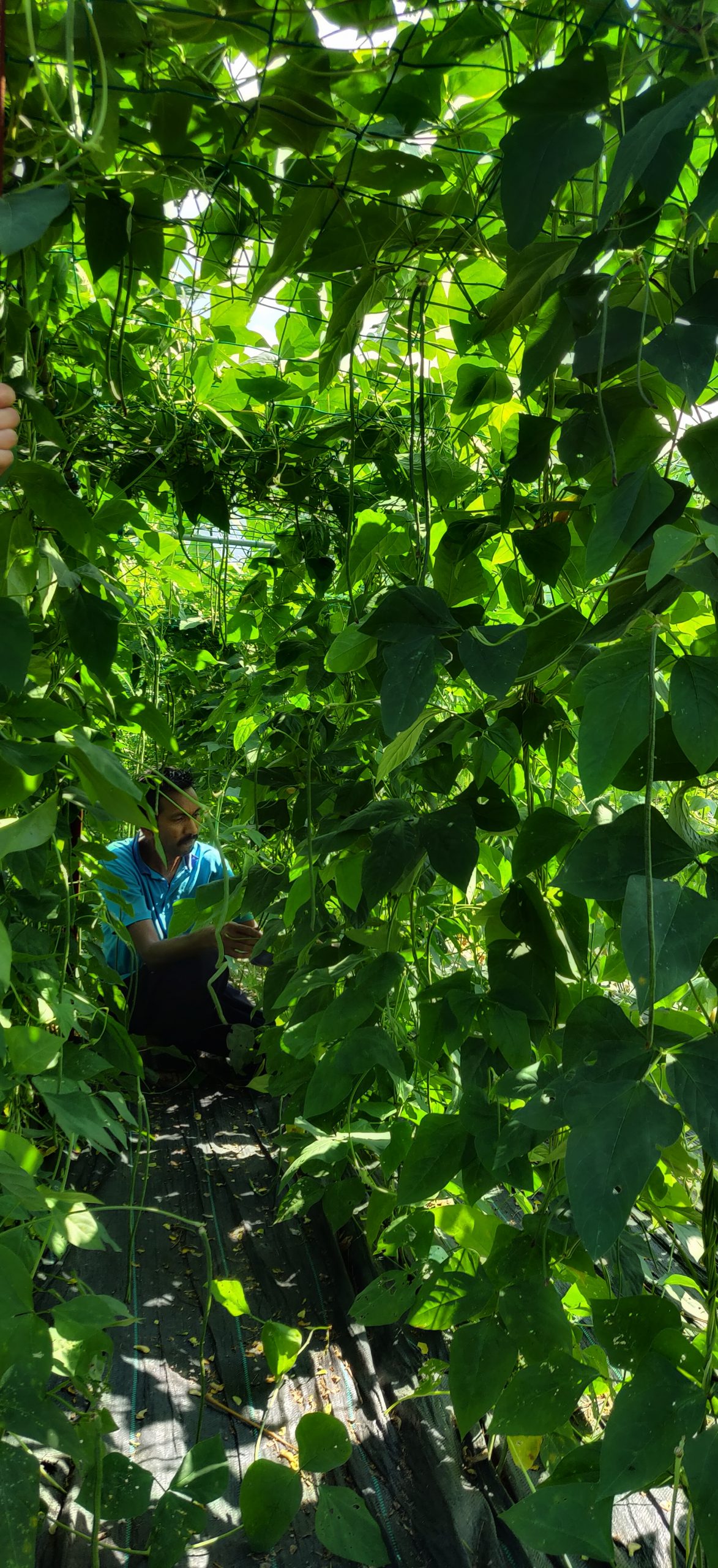
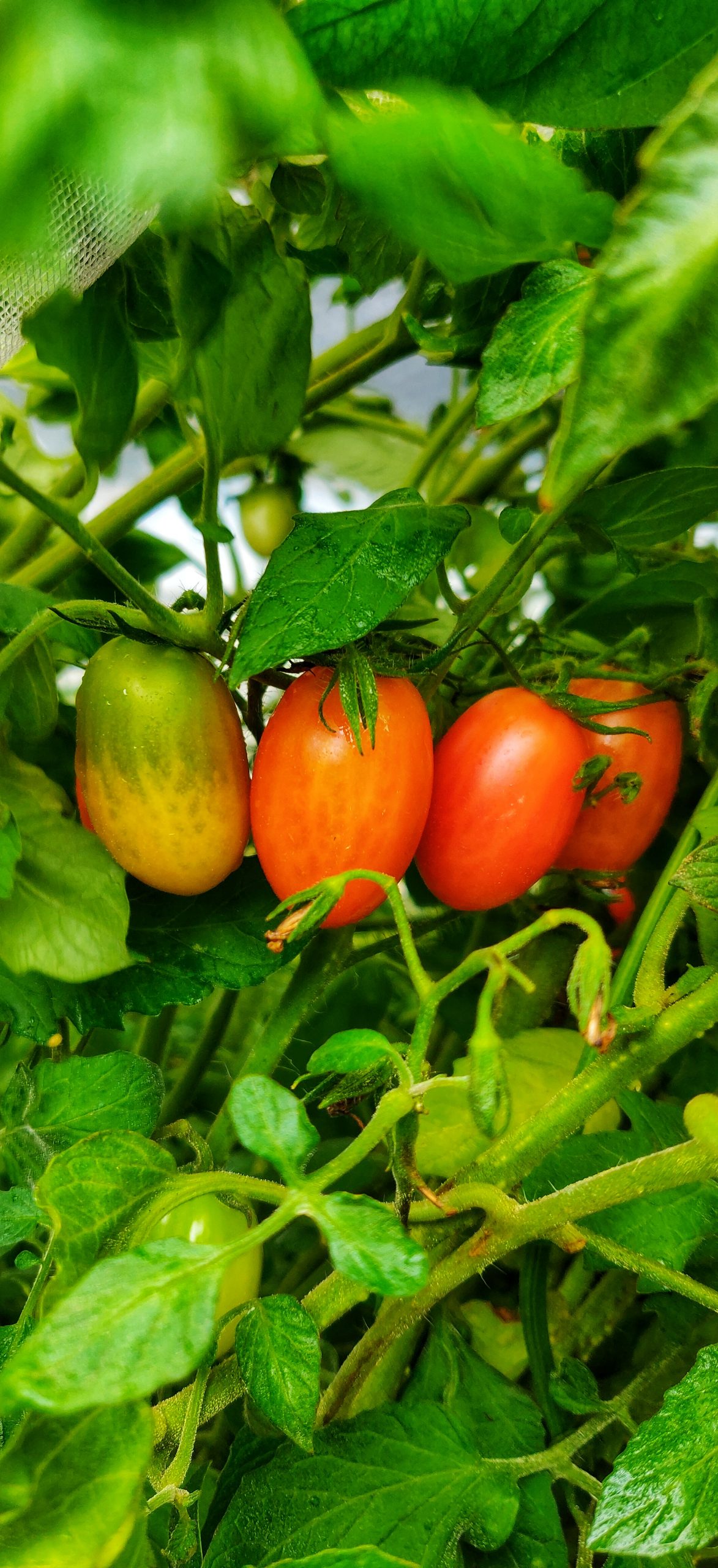
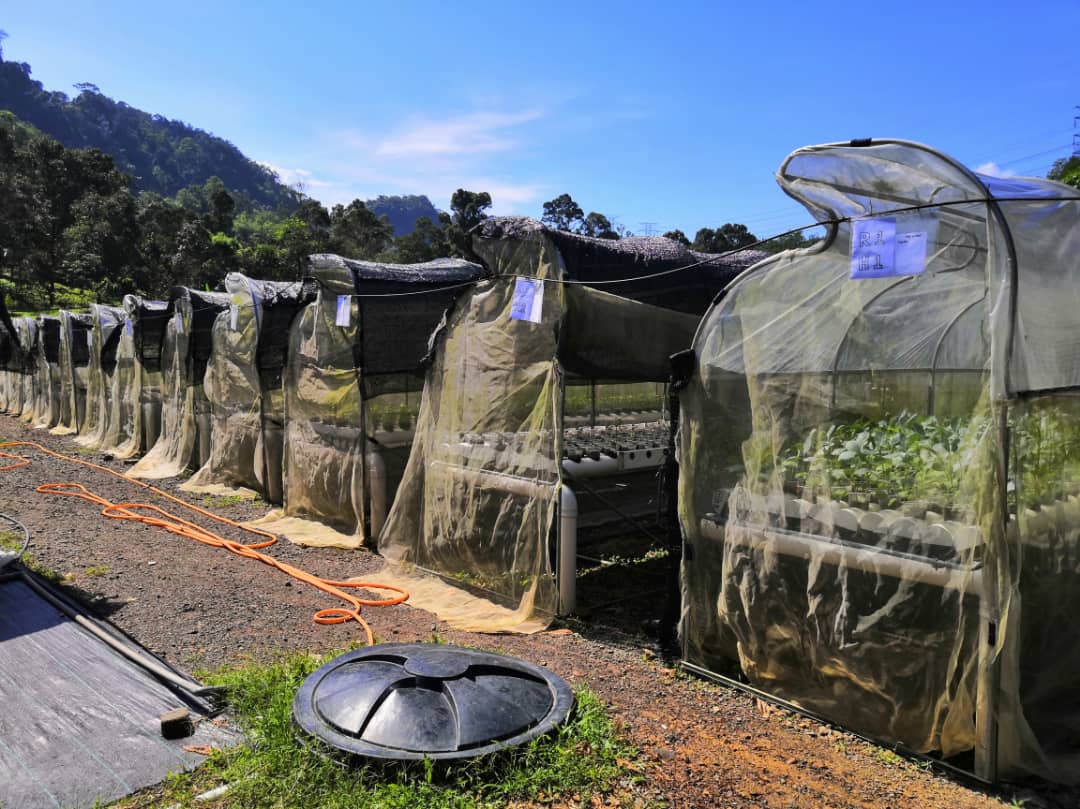
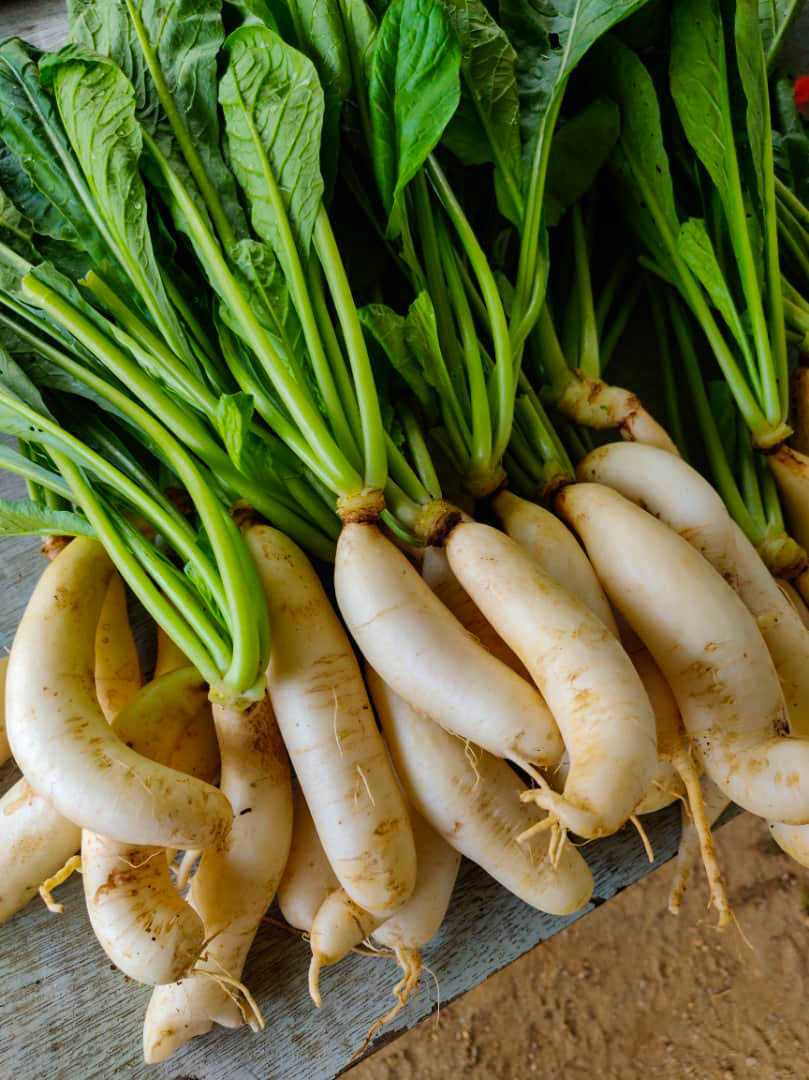
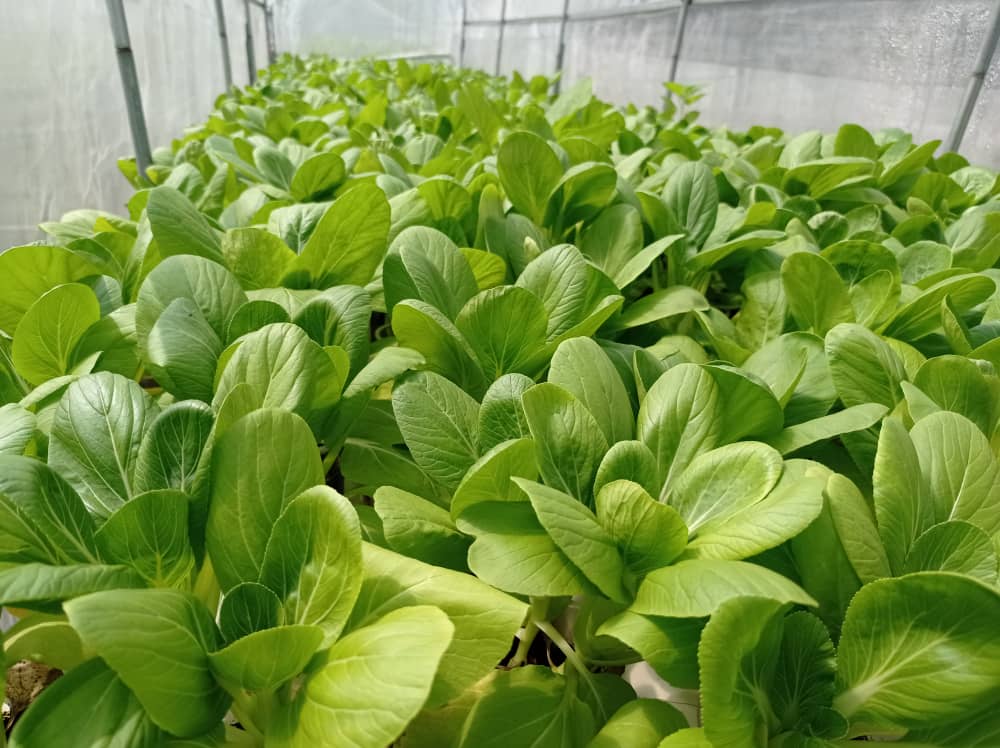
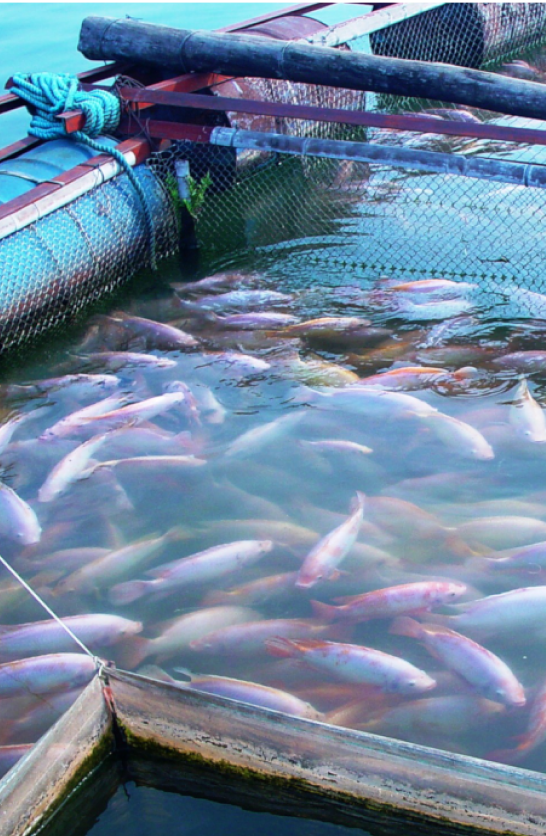
Category :
Aquaculture
Period :
2017 – 2019
Impact :
Taught farmers and Cargill Vietnam personnel about the technology and the needs to use sustainable technology and materials and feeds, while removing the use for chemical additives.
Details :
We have experience as consultants to Cargill Vietnam & Cargill Feed on Fish / Prawn Feeds and on Chemical Free Aquaculture in Vietnam; teaching farmers along the Mekong delta and Southern Vietnam as well as Cargill Vietnam personnel on the methodology and techniques of chemical free aquaculture in Vietnam. Some of the target species that we worked on were the Pangasius, Oreochromis, Anabas, etc. Here we advised and educated local fish farmers on natural farming methodologies






Category :
Aquaculture/Agriculture
Period :
2012 – 2017
Impact :
About RM 160,000 per cycle or RM26,000 per month was generated with new job opportunities for locals and with produce. About 3.2 tons of Macrobrachium rosenbergii per season produced.
Details :
The Selama Project was a project with close to 30 ponds culturing of “Udang Galah” (Scientific Name(SN): Macrobracium rosenbergii) and Taiwanese Bream (SN: Oreochromis sp.) in Selama, Perak, Malaysia. In collaboration with a local farmer, Mr. Nawawi, the Selama Project was developed using sustainable and natural farming methodologies on a commercial scale without the use of any synthetic chemicals and antibiotics thus reducing/eliminating negative footprints in nature. The Selama Project also encompassed agriculture outputs which included winter melon, okra, cucumber, brinjal (eggplant) amongst others.
This project was to teach farmers and members of the community methodology for the successful cultivation of Macrobrachium rosenbergii (Udang Galah / Malaysian Giant Freshwater Prawn) in ponds together with the culture of chemical-free Tilapia (Taiwanese Bream var.) The project also donated needed books to the primary school in the area.
The Selama Project provided job security and income for many villagers in the area and the profits also spilled over into the local community and schools. Single mothers were employed under this project for the processing of the harvest and local men (young and old) were also employed to run the day-to-day operations of the farm – This provided job opportunities in an area where job opportunities were sparse.
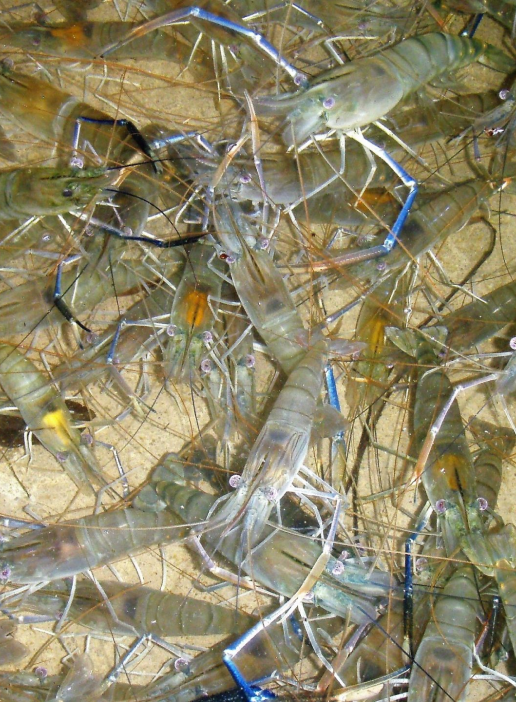








Please contact us via the form below and we’ll get back to you as soon as we can.
Alternatively, we are available for support from 9am to 5pm AEST, Monday to Friday